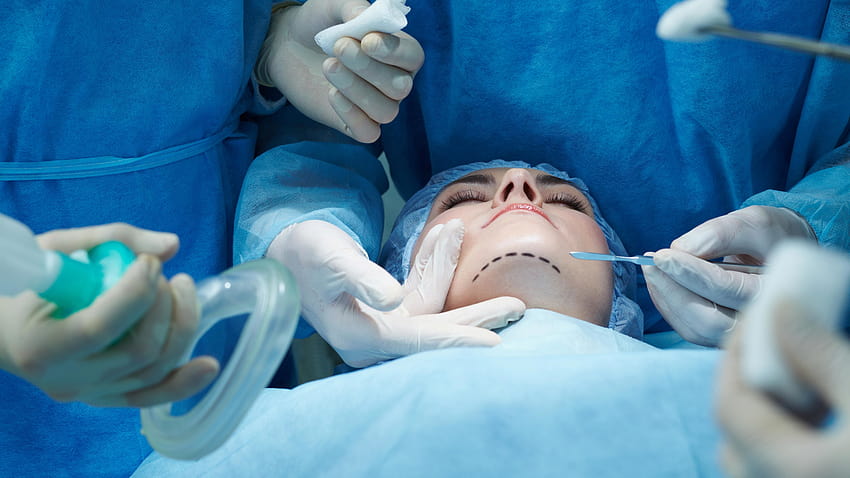
FAQ About Plastic Surgery
Plastic Surgery
2 years ago | gizem
Are there any risks or complications associated with plastic surgery?
Yes, like any surgical procedure, plastic surgery carries inherent risks and potential complications. While complications are relatively rare, it's essential to be aware of the potential risks before undergoing plastic surgery. Some of the risks and complications associated with plastic surgery may include:
- Adverse Reactions to Anesthesia: Anesthesia is used during plastic surgery to ensure your comfort and safety. However, there is a small risk of allergic reactions or adverse effects, such as breathing difficulties, nausea, or medication interactions.
- Infection: Surgical procedures always carry a risk of infection. Your surgeon will provide detailed instructions on how to minimize this risk, including proper wound care and the use of antibiotics if necessary.
- Bleeding and Hematoma: Excessive bleeding during or after surgery can lead to hematoma formation, which is a collection of blood under the skin. It may require additional procedures to drain the accumulated blood.
- Poor Wound Healing: In some cases, wounds may heal poorly, resulting in delayed healing, wound separation, or conspicuous scarring. Factors such as smoking, diabetes, poor circulation, or certain medications may increase the risk of poor wound healing.
- Scarring: While plastic surgeons make every effort to minimize scarring, all surgical procedures result in some degree of scarring. The appearance of scars can vary depending on individual factors and the surgical technique used.
- Changes in Sensation: Temporary or permanent changes in sensation, including numbness or altered sensitivity, may occur in the operated area. In most cases, sensation gradually improves, but it can take several months.
- Asymmetry: Achieving perfect symmetry is challenging, and some degree of natural asymmetry may persist after plastic surgery. However, skilled surgeons strive to create balance and proportionate results.
- Seroma Formation: A seroma is a collection of fluid that can accumulate under the skin after surgery. It may require drainage or aspiration to facilitate healing.
- Deep Vein Thrombosis (DVT): During periods of reduced mobility after surgery, there is a slight risk of developing blood clots in the legs (DVT). These clots can potentially travel to the lungs (pulmonary embolism), which is a severe and potentially life-threatening complication.
- Unsatisfactory Results: While plastic surgery aims to improve your appearance, there is a possibility that the desired results may not be fully achieved. It is essential to have realistic expectations and thorough discussions with your surgeon about what can be realistically accomplished.
